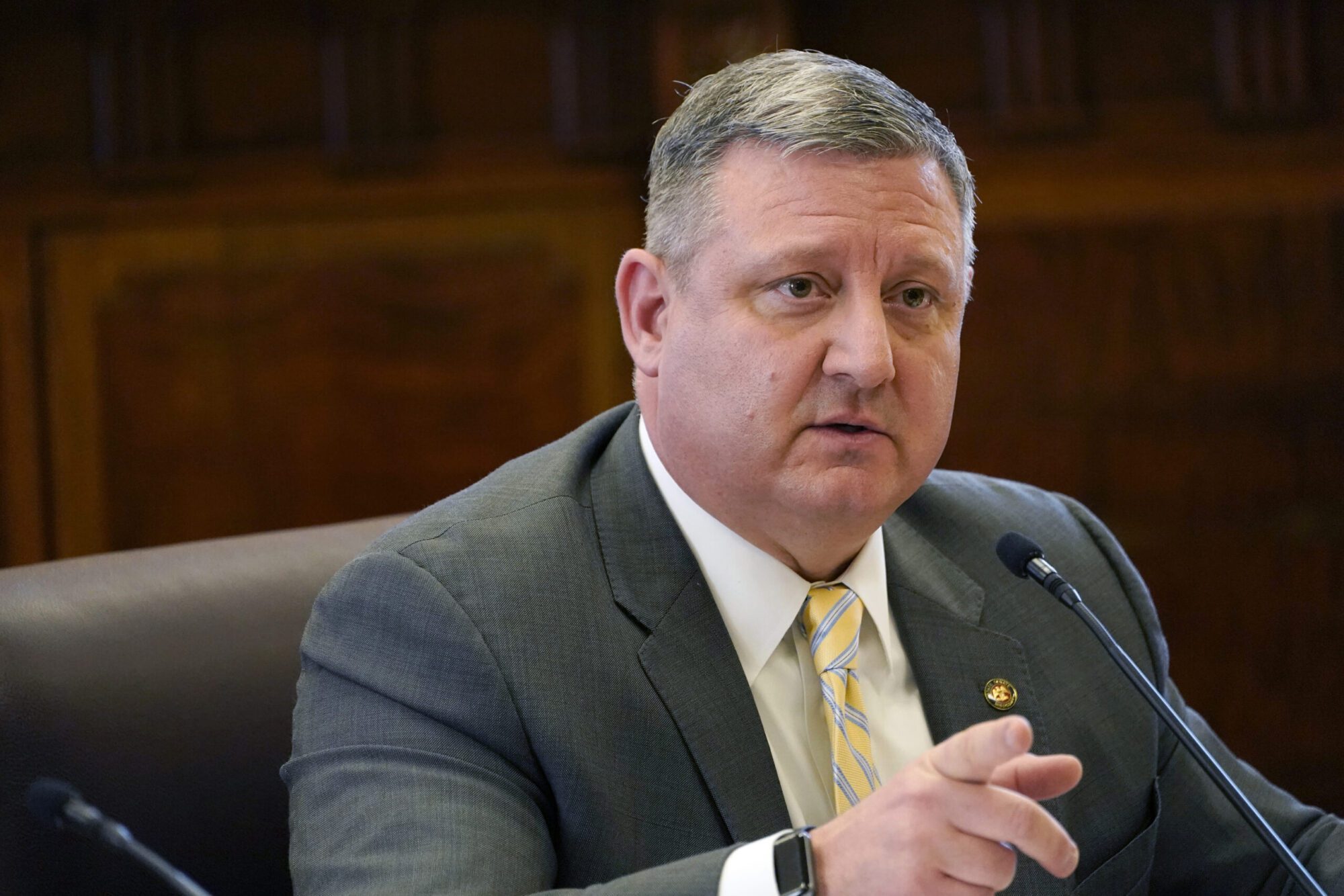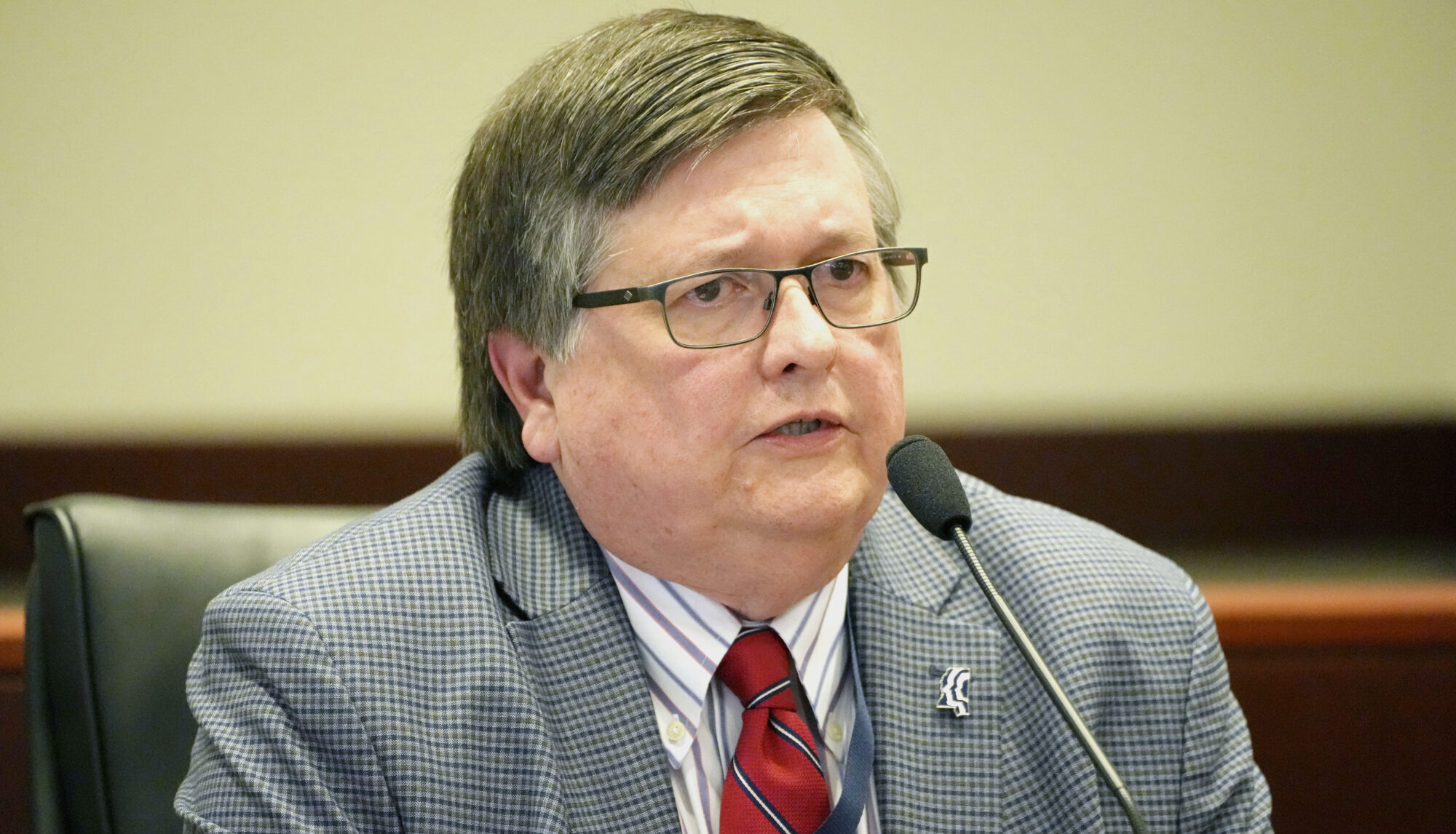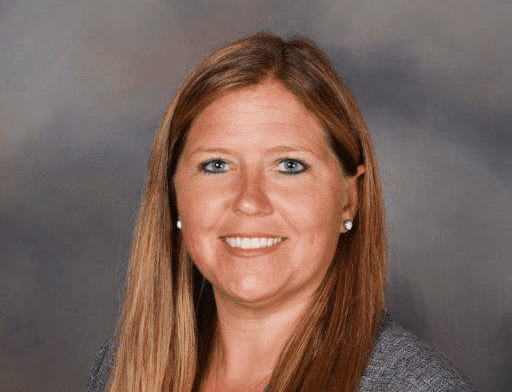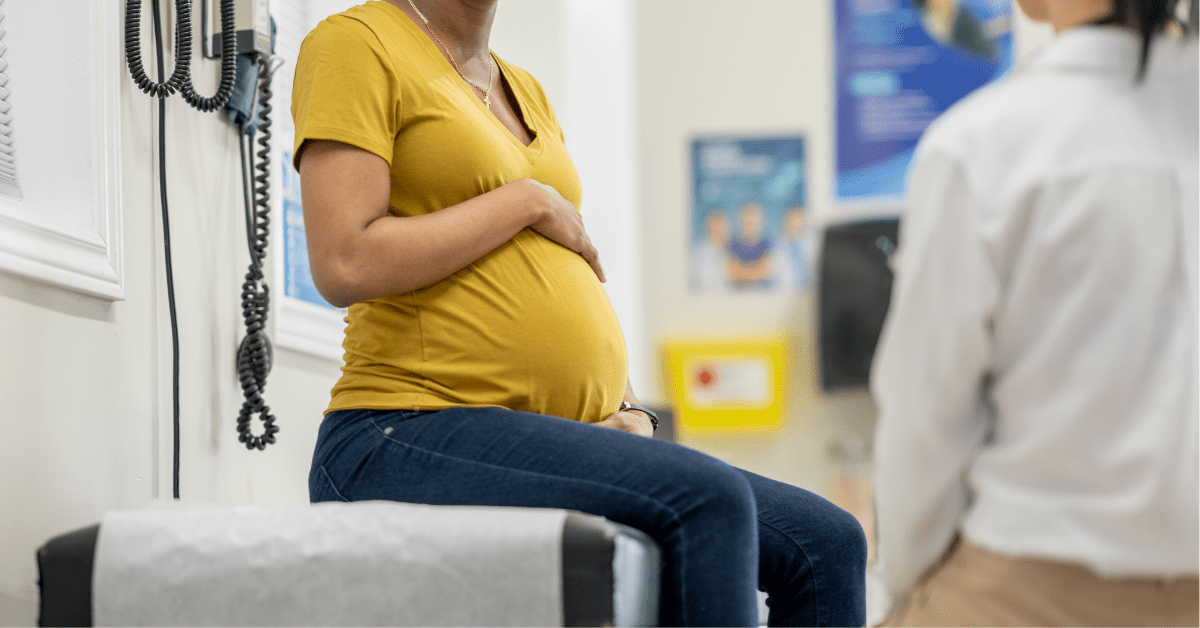
Senate Education Committee Chairman Dennis DeBar Jr., R-Leakesville, Tuesday, March 1, 2022. (AP Photo/Rogelio V. Solis - Copyright 2022 The Associated Press. All rights reserved.)
- After the House proposed INSPIRE to replace the K-12 education funding formula, Senate leaders have put forward a bill to tweak MAEP.
Last week, House Education Committee Chairman Rob Roberson (R) unveiled his bill that would change how the state’s K-12 education system is funded, replacing the Mississippi Adequate Education Program, or MAEP, with the Investing in the Needs of Students to Prioritize, Impact and Reform Education (INSPIRE) Act.
READ MORE: Education Funding Proposal in Mississippi Could Mean Out with MAEP, in with INSPIRE
Also this month, Senate leaders introduced their own plan to revamp MAEP, tweaking the way Mississippi’s public schools are funded using the framework of the current system.
For the past two decades, changes to the way Mississippi’s public education system receives funding from the state has been a hot annual legislative topic of discussion. Each year, the Mississippi Department of Education’s state superintendent asks the Legislature for “full funding” of the current model, but that model has only been fully funded twice since it was established in 1997.
In recent years, lawmakers have instead chosen to make strategic, targeted investments aimed at providing funding both in the classroom and in the form of teacher pay raises.
Last year, State Senator Dennis DeBar (R), Chairman of the Senate Education Committee, offered proposals to change the MAEP model but his proposals did not make it through the House of Representatives.
This year, even as new House Speaker Jason White (R) appears to support a change to the model, just as did his predecessor, across the Capitol Senator DeBar is trying again with SB 2332.
The 2024 Senate legislation is very similar to the one that overwhelmingly passed the chamber in 2023. The bill tweaks the current MAEP formula to provide a clear path for superintendents to plan for the hiring of teachers and covering other expenses, according to DeBar, while leaving in place average student attendance to calculate the base student rate for funding.
Senator DeBar said that under the current model, MAEP takes 40 percent of that base student rate from the previous year, takes into account the annual rate of inflation, and then adds the local contribution, which is currently 27 percent of the previous year’s MAEP allocation, or 28 mills, whichever is the lowest of the two.
SB 2332 proposes for each of the fiscal years between the recalculation of the base student cost, the base student cost would be increased by an amount equal to 25 percent of the base student cost for the previous fiscal year, multiplied by the twenty-year average annual change in the rate of inflation, the bill states. The current annual growth factor for non-recalculation years is 40 percent.
For the local contribution, which is currently set at 27 percent, this bill would raise it to 29.5 percent to make it more equitable for all school districts, the chairman said.
“Some districts are spending way more than 29.5 percent, or 28 mills, so we don’t want to punish them, but we also want to help the kids in poorer districts,” Senator DeBar said. “It’s more of an equity piece. It provides a number still, and plus it provides the districts, the ones that are richer, and poorer, a more adequate picture and more equitable amount of money.”
What DeBar expects this bill to provide an additional $210 million in education funding, which will cover a two percent state retirement, or PERS, increase and help cover the increases in insurance premiums educators saw recently. Last August, PERS approved increasing the employer contribution rate by 2 percent each fiscal year until it reaches an ultimate rate of 27.4 percent. The current rate for this fiscal year is 19.4 percent.
“So, we would end up putting $210 million, roughly, to fully fund it. What’s good about this is next year we will have our formula, we’ll have our base student cost, multiplied by 88, minus the local contribution, then come up with a number,” DeBar outlined. “But what [the Legislative Budget Office] tells us it will be roughly about [an additional] $55-$56 million to fully fund it next year. So, we’re not having these wild large numbers that the Legislature will have to fund to provide districts with an approximate amount of what this Legislature is going to fund them and they can set their budgets, hire their teachers, things of that nature, based on that number.”
This Senate model, he said, was developed in conjunction with the Mississippi Department of Education through discussions with the Senate Education Committee to ensure there was transparency.
Education lobbying group The Parents Campaign, historically at odds with Republican efforts to revamp MAEP, is praising the Senate’s efforts while criticizing the House’s proposal.
The group, led by Nancy Loome, applauded the Senate Education Committee “for taking a public stand today in support of a fair and objective school funding formula that represents the true cost of educating a Mississippi student to proficiency in core academic subjects.” The Parents Campaign then took issue with the House’s INSPIRE legislation, saying it is similar to the plan being pushed by school choice advocacy groups, which The Parents Campaign opposes, “which public school supporters helped to defeat in 2018.”
As for the House proposal, Senator DeBar said he is open to discussing the weighted funding model outlined in HB 1453.
“I intend to bring our bill up to the floor once the next deadline passes, and I imagine, but can’t guarantee anything, but I would hope that the Senate would vote like they did last year and send it to the House. I don’t know what the House would do, but I hope they would consider our plan, but I know they have their own, just like any other bill,” DeBar said. “At the end of the session I hope we could come together to work something out. In the end we’re talking about helping kids, helping teachers. So, that’s the main thing I want to do is put the money where it needs to be.”
Governor Tate Reeves (R) has touted the “Mississippi Miracle,” the national headline used to describe the gains seen in third grade reading and in state’s graduation rates in recent year. Senator DeBar attributes those successes, in part, to the extra funding provided by the federal Government through pandemic relief in the Elementary and Secondary School Emergency Relief program funds, equating to an extra $300 to $400 million.
“And so, in the last four years you’ve seen school districts and schools dramatically improve their grading, their graduation rate. And so, when I hear people say that the money doesn’t matter, I’d say, ‘Well, look at what actually happened, between state allocation and federal money, we really had full funding,'” Senator DeBar said. “So now for them to lose it, you know, it concerns me to cut back on appropriation. It would be concerning because what I’ve seen is money does make a difference.”
Senate Education Committee member Robin Robinson (R) agreed.
“In the past several years, despite obstacles like the pandemic, our schools have demonstrated outstanding achievement and progress,” Senator Robinson said. “Moving forward, we want to make sure they have the resources they need to succeed with appropriate accountability measures in place. SB 2332 is a good start to that conversation.”
Outside of the method used to determine funding, both the House and Senate bills have very similar changes. SB 2332 and HB 1453 both aim to ensure 90 percent of the state-appropriated education funding will be used to cover teacher salaries, resources for classrooms, the cost of add-on programs and other expenses. Salaries for superintendents, assistant superintendents, principals, assistant principals or other positions of equivalent status in a district or school cannot be included in that percentage. Both bills also mandate that the funding for students in charter schools who return to public schools will be returned to the public school at a prorated amount.
SB 2332 was presented and passed out of the Senate Education Committee last week while HB 1453 has not made its way out of the House Education Committee as of yet.











